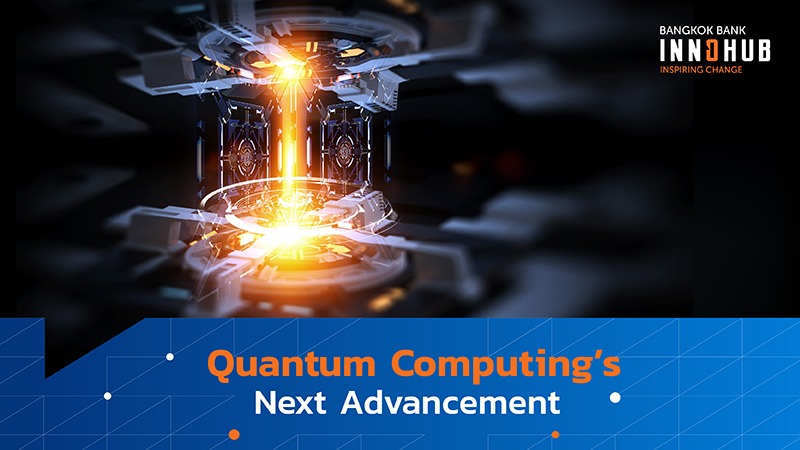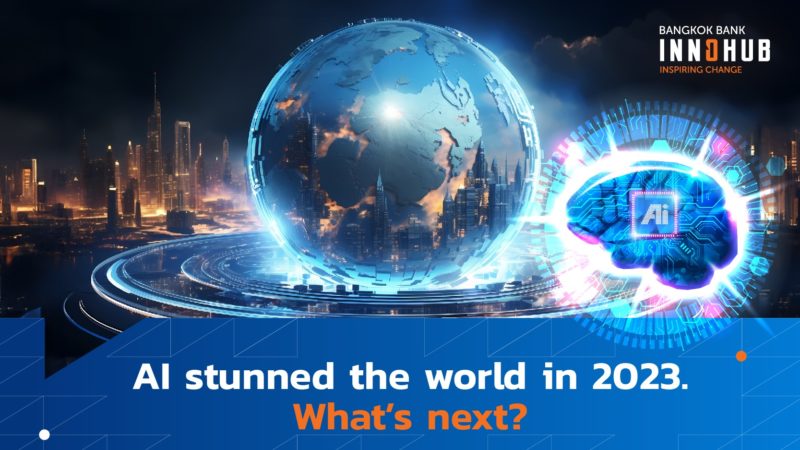Though younger generations in particular may find it hard to believe, digital computing is still in its early days. Centuries from now, schoolchildren in history class will learn in passing about today’s primitive digital devices. Their teachers will have them memorize and describe the initial landmarks of this technology: The first PC, the birth of the internet, the smartphone and social media, the dawn of AI … and the development of the first generation of quantum computers.
The world’s biggest tech companies are making solid progress on the latter project, with Microsoft recently announcing a roadmap toward the construction of its first quantum supercomputer, following several years of research and huge investment. But what does this actually mean? What is a quantum supercomputer, and what is its purpose? What effect will these new machines have on programming, computing, and the internet?
The power of the small
In fundamental terms, a quantum computer is a type of computer that leverages principles of quantum mechanics to perform computations. Unlike classical computers that use bits (which are either in a state of 0 or 1) to represent and process information, quantum computers use quantum bits, or qubits, which can exist in a superposition of states. This means that a qubit can be both 0 and 1 simultaneously, allowing quantum computers to perform parallel computations and potentially solve certain problems much faster than classical computers.
A distinct but related property of quantum computing involves entanglement – the instant informational correlation between qubits. Quantum entanglement ensures that the state of one qubit is dependent on the state of another, regardless of the distance between them.
By taking the twin properties of superposition and entanglement, and applying them to information processing, quantum computers should be able to solve complex problems that are currently intractable for classical computers. Expected use cases include the improvement of machine learning, the optimization of supply chains, production, and other large-scale systems, the simulation of chemical interactions and quantum systems, the breaking of certain types of encryption algorithms, and ability to solve major computational problems in chemistry.
The timeline so far
The development of quantum computers is no easy task. Significant challenges include the inherent instability of qubits, as well as the difficulty of engineering information transfer at such small scales while maintaining a low error rate. Notable achievements in these areas thus far include the following:
- In 2016, researchers successfully extended the lifespan of a qubit, using a technique called Quantum Error Correction (QEC). This advancement marked an important step forward in the quest to create more stable and reliable qubits for practical quantum computing applications.
- In 2019, Google announced that its quantum computer took just 200 seconds to solve a problem that would have taken a classical computer approximately 10,000 years to tackle.
- In 2022, the Nobel Prize in Physics went to scientists Alain Aspect, John Clauser, and Anton Zeilinger for their work on entangled particles, and particularly their success in teleporting quantum information between photons. As quantum teleportation serves as a crucial foundation for the development of a quantum internet, their research represents a major step toward transmitting information securely and efficiently in quantum networks.
Because quantum computing is such a novel and complex process, more breakthroughs along these lines will be needed before this technology truly comes of age. But the steady stream of progress thus far, combined with the apparent lack of any insurmountable obstacles on the path to development, suggest that the full promise of quantum computing will be fulfilled sooner or later.
When will quantum computers be in general use?
Schedules are hard to maintain when doing something for the first time. But for what it’s worth, and despite the excitement that many researchers are feeling about this new field, we may be a decade or more away from the ability to make full use of this new technology. The research firm McKinsey anticipates roughly 5,000 quantum computers operational by 2030, with another five or so years before all the likely hardware and software glitches are ironed out.
So don’t expect to have a quantum iPhone in your back pocket anytime soon. And yet, the difficulty of accessing this technology shouldn’t inspire apathy. Quite the opposite, as it only takes one or two key insights to entirely revolutionize healthcare treatment for a given illness; and a significant leap forward in production efficiency or machine learning can allow companies to vastly improve the products and services they provide to customers worldwide.
The past decade or two has seen an unprecedented acceleration in innovation, digital and otherwise. The advent of quantum computers can potentially scale up this rate of invention even higher, clearing the way for a future the likes of which we can scarcely imagine today. In that scenario, we may come to see today’s digital era as a mere prologue to the real information age, and all the wonders that it will soon deliver.




